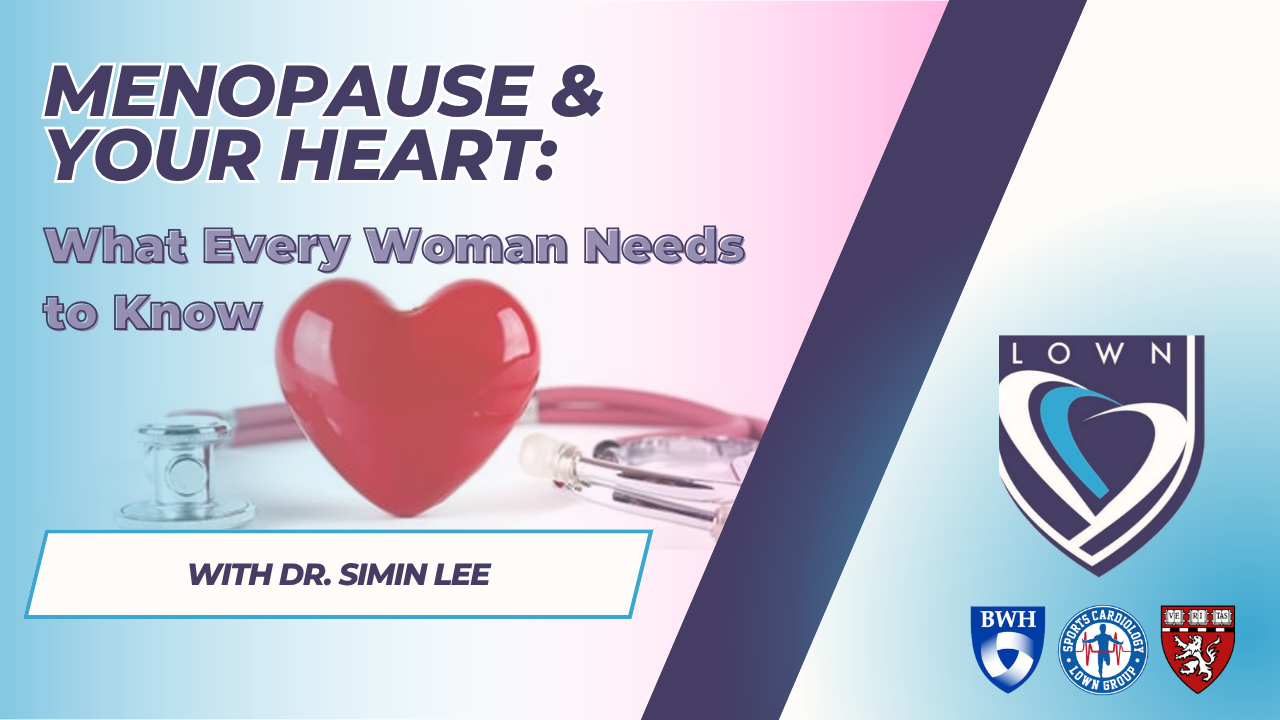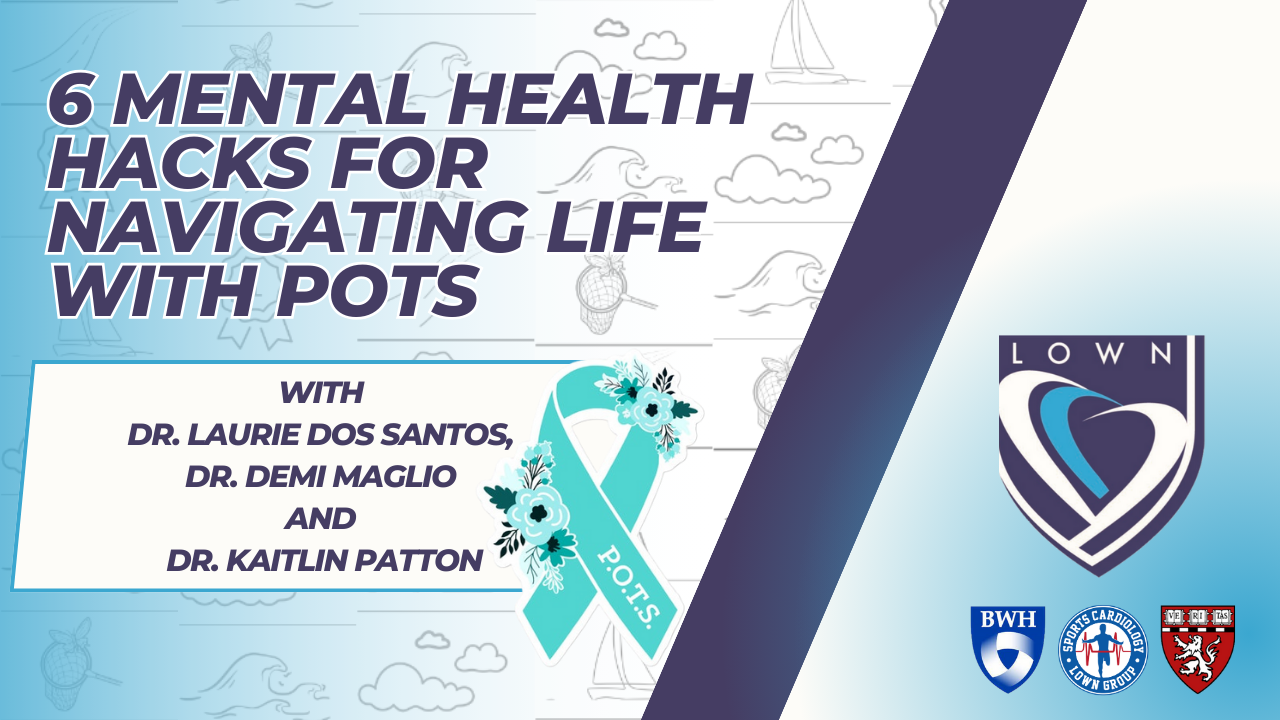Stressed Out? A Guide to Signs, Symptoms

“I think that you will all agree that we are living in most interesting times. I never remember myself a time in which our history was so full, in which day by day brought us new objects of interest, and, let me say also, new objects for anxiety.”
Was the above heard: 1. At a recent town hall meeting in Florida? 2. On the 2016 campaign trail? 3. During an 1898 address by a British statesman?
It may surprise you to learn that number 3 is the correct answer, and provides a welcome bit of perspective on the stress felt by every generation. While current times are considered stressful by a majority of adults, we also have better ways to identify, manage and prevent it than before.
Did You Know?
60-80% Percentage of visits to primary care physicians for stress-related conditions. Sources: APA, Mayo Clinic, Benson Henry Institute
Causes of stress
While stressors of American adults have remained fairly stable over the years, some are specific to the decade. As the American Psychological Association’s “2017 Stress in America” survey shows, the political climate and technology-centric world has caused an uptick in stress:
One nation, over stressed. 57% of Americans report the political climate is a significant source of stress; 66% say the same about the nation’s future. Stress about acts of terrorism was high at 59%, while worries over personal safety rose to 34%, the highest since the question was first asked in 2008.
Money, money, money. Other top causes of stress include money (61%), work (58%) and the economy (50%).
Media overload. Although nearly all adults own at least one electronic device, and more than 86% check emails, text or social media accounts daily, those who do so constantly report higher stress levels.
How to cope: For decades, stress-related issues have been recognized as the leading cause of visits to a primary care physician. Stress-relieving techniques continue to evolve:
Eat, pray, love. Exercise and going online are frequently used to manage stress. Women, how- ever, also reported spending time with friends or family, reading, engaging in prayer or eating as their primary methods of relieving stress.
Unplug. Interestingly, while 65% of Americans agree that periodically disconnecting is important for mental health, only 21% actually report doing so. Some techniques that work include no cell phones at the dinner table or while with friends, periodic digital detoxes, watching less tv, and turning off notifications for social media apps.
Trigger your relaxation response. Based on Dr. Herbert Benson’s 1974 discovery of an opposite state to the fight-or-flight response, the relaxation response puts the body in a state of deep rest. Techniques include mindful meditation, repetitive prayer, focused breathing, progressive muscle relaxation, tai chi and yoga. Studies have shown significant short-term impact on stress symptoms, as well as profound long-term improvements. Immediate reductions in blood pressure, heart and breathing rate helps manage periods of acute stress. If practiced regularly, the relaxation response can also help decrease inflammation and stress hormone levels and improve insulin activity and gastrointestinal issues.
Types of stress
Acute stress , the most common form, is experienced by virtually everyone at some point. Arising from the pressures of current conditions, and anticipated ones in the near future, acute stress can be exciting, even motivating, but too much is simply exhausting.
Symptoms : Emotional distress, such as anger, irritability, anxiety or depression; muscular problems including tension headache, back or jaw pain; stomach and bowel problems; temporary elevation in blood pressure; rapid heartbeat; sweaty palms, heart palpitations; dizziness; shortness of breath.
Solutions: This stress is short-term and highly manageable. Techniques to slow your breathing and focus your attention, as well as walking outdoors or participating in sports, can all help dispel it.
Episodic acute stress is a fact of life for those people who are always rushed, late and dealing with a plethora of self-inflicted demands and pressures. This category includes “Type A” personalities – aggressive, impatient, short-tempered. Another type of person who feels episodic acute stress is the worrier – those with a pessimistic world view and a tendency to catastrophize every situation; likely to also feel anxious and depressed.
Symptoms: Persistent tension headaches, insomnia, migraines, hypertension, chest pain and heart disease.
Solutions: Lifestyle changes, such as daily physical exercise, meditation and mindful prayer, as well as expanding social support, can help. Additionally, consider consulting with a psychologist or other mental health professional, who can offer a range of treatment, from pharmaceutical to biofeedback. For example, insomnia, a considerable source of stress in adults, can be remedied with cognitive behavioral therapy, CBT-I, a structured program to help replace negative or obsessive thoughts that keep you up at night with habits that promote sound sleep. Unlike sleeping pills, CBT-I helps you overcome the underlying causes of your sleep problems.
Chronic stress wears people down on a daily basis, often for years. Whether the cause is a dysfunctional family situation a bad career fit, people suffering from chronic stress often can’t see a way out.
Symptoms: Anxiety, insomnia, muscle pain, high blood pressure, weakened immune system; can contribute to the development of heart disease, depression and obesity.
Solutions: The most effective strategy is to seek help from professionals who can help you develop and implement lifestyle and behavior changes, recommend therapy, and prescribe medication when needed.
The post Stressed Out? A Guide to Signs, Symptoms appeared first on Specialdocs Consultants.
Recent Blog Posts






